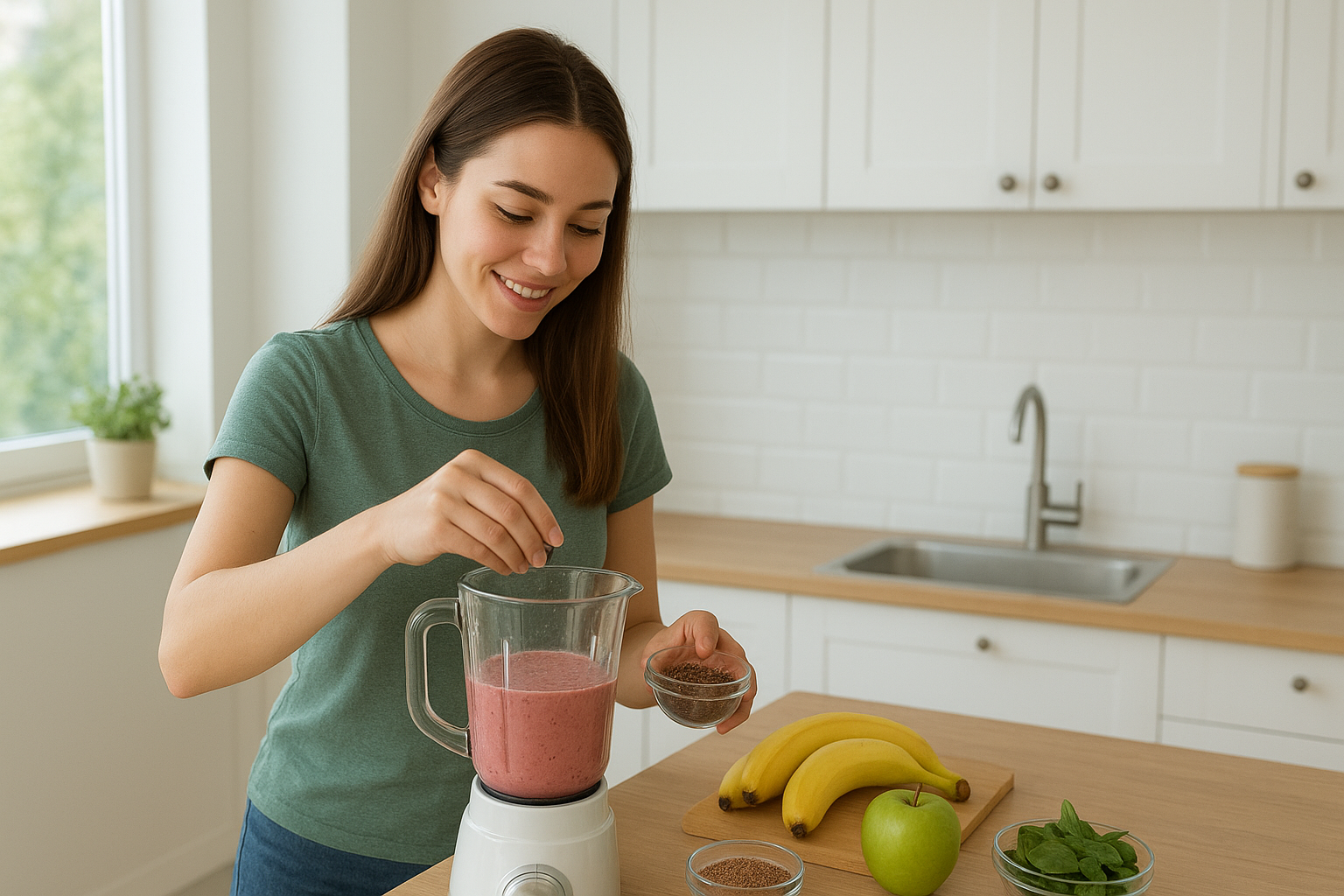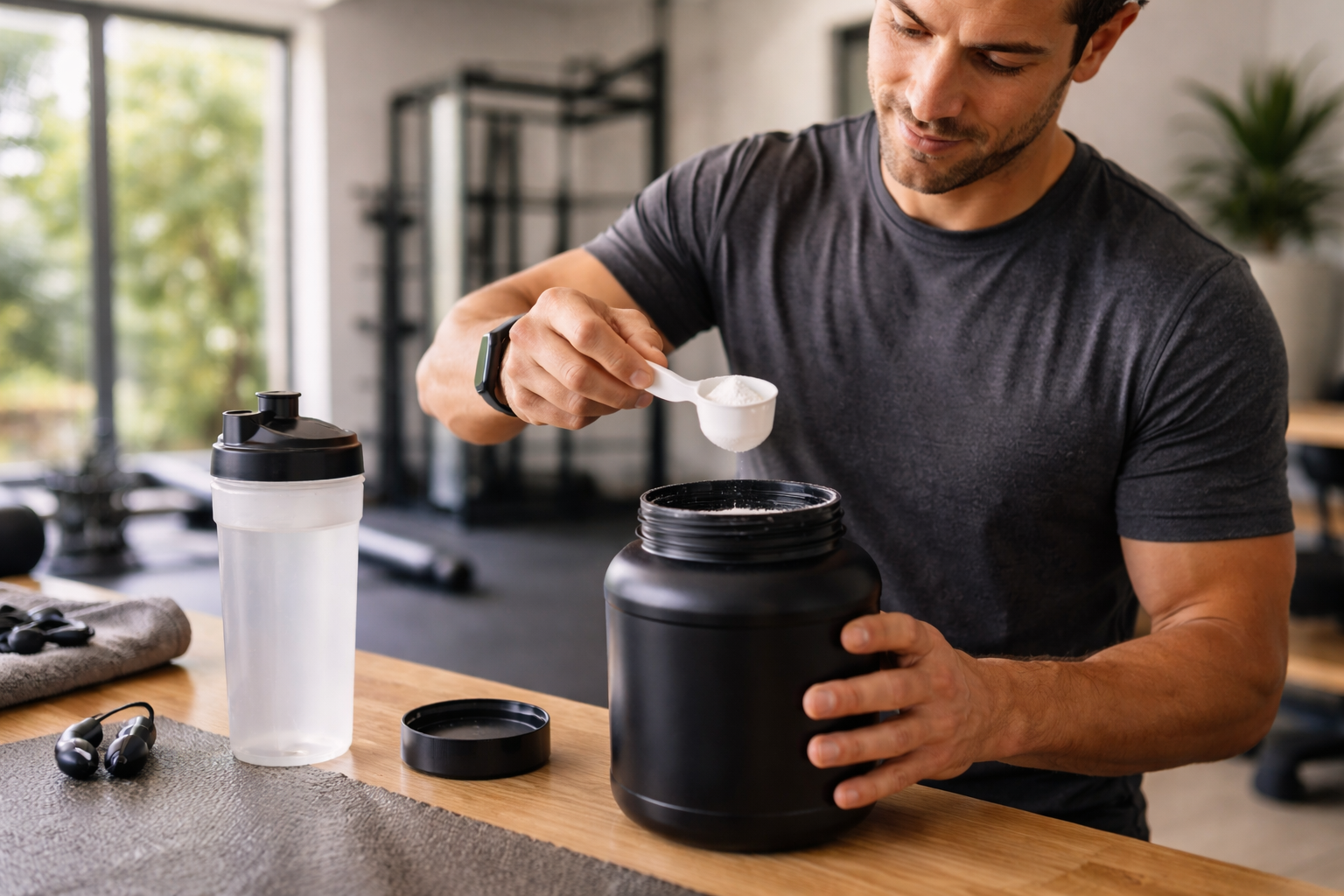How the Right Timing Can Maximize the Benefits of Super Seeds
Chia, flax, sesame, and fennel seeds have become household staples for health-conscious people across India. From aiding digestion to boosting energy and providing essential nutrients, these tiny seeds are packed with benefits. But there’s one key factor that often gets overlooked: the time of day you consume them. An AIIMS-trained gastroenterologist recently revealed simple, effective guidelines on when to eat these seeds to get the most out of them.
The Growing Popularity of Super Seeds
In recent years, super seeds have gained tremendous popularity. Health enthusiasts love adding them to smoothies, yogurt, or sprinkling them over salads. Packed with fiber, omega-3 fatty acids, antioxidants, and important minerals, these seeds offer multiple health benefits. However, just throwing them into your meals won’t always help you get the desired results. According to experts, timing plays a crucial role in how effectively your body absorbs their nutrients.
Expert Advice: The Best Time to Eat These Seeds
Dr. Pankaj Nandano, an AIIMS-trained gastroenterologist, explains that when you eat these seeds matters just as much as including them in your diet. Here’s a simple breakdown of his recommendations:
- Chia Seeds:
Best eaten in the morning. Soaking them overnight in water or milk makes them easier to digest. Consuming chia seeds on an empty stomach helps you get steady energy and supports digestion throughout the day. - Flax Seeds:
Like chia, flax seeds are most effective in the morning. Ground flax seeds improve absorption of nutrients and provide essential omega-3 fatty acids. They’re best mixed into water or cereal to aid digestion and promote regular bowel movements. - Sesame Seeds:
These are rich in calcium and minerals. Experts recommend having them after lunch. Sesame seeds help in digesting heavy meals and provide a slow, sustained energy release, keeping you active through the afternoon. - Fennel Seeds:
Most effective after meals. Chewing a small amount of fennel seeds after eating helps reduce bloating, relieves indigestion, and freshens breath naturally.
Dr. Nandano stresses moderation. Too much of any of these seeds can lead to discomfort. He suggests consuming no more than one tablespoon per day.
Why Proper Timing Makes a Difference
Many people think that simply adding these seeds to meals is enough for health benefits. But the timing of consumption significantly affects how well your body absorbs their nutrients. Eating them at the right time not only boosts digestion and energy but also prevents problems like bloating or irregular bowel movements.
In today’s fast-paced life, where digestive issues are common, following such expert advice can be a simple, cost-effective way to improve health naturally without relying on expensive supplements or medicines.
What Lies Ahead?
As awareness about natural health solutions increases, more people are likely to integrate super seeds into their daily routines. Expect the market to see more seed-based products such as breakfast cereals, health drinks, and energy bars that come with clear instructions on when to consume them for the best results.
Nutritionists are also likely to start offering personalized dietary plans recommending the perfect time to consume seeds based on individual health needs.
Conclusion
Chia, flax, sesame, and fennel seeds are far more than just trendy health foods. According to expert advice from AIIMS-trained doctors, consuming them at the right time amplifies their health benefits. Start your day with chia and flax seeds for energy and digestion support. Add sesame seeds after lunch to help break down heavier meals, and finish with fennel seeds to prevent bloating. These simple changes can make a real difference in your health journey—naturally, effectively, and affordably.



